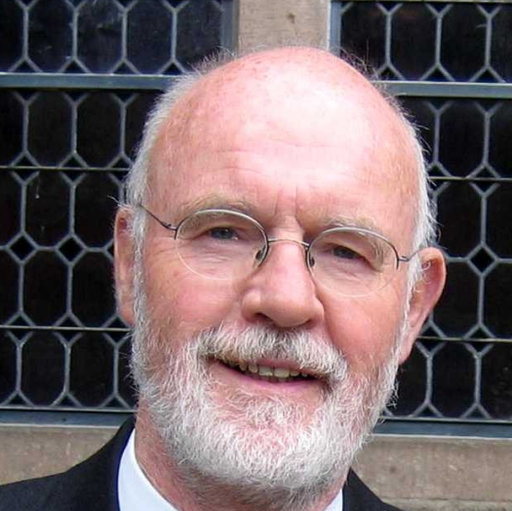Thermodynamics 2.0 | 2022 Program: Sessions and Abstracts
Mon - Wed, July 18 - July 20 , 2022 , Boone, North Carolina
Session T13: Entropy in Social Sciences
10:45-12:00. Wednesday July 20, 2022
Chair: W. F Lawless
Title: The War in Ukraine: A Statistical Analysis
Abstract:T13.134
Abstract
The war in Ukraine can be described not only by observations but also by statistical methods. Statistics is equally recognized in the natural and social sciences. Statistics cannot calculate the future, but can show probable developments. Statistics does not depend on the kind of objects, but only on their number. Therefore, the same statistical laws apply to all natural and social science systems, but each time they are called differently:
- In mathematics of many numbers, they are called stochastics.
- In a message of bits and signs, they are called computer science.
- In matter of atoms and molecules, they are called thermodynamics.
- In markets of goods and prices, they are called economics.
- In societies with different people, they are called sociology.
- In a world with different states, they are called politics.
Since statistical laws are known from mathematics, these laws can be applied to any field of natural or social science and can be followed on the screen. The central quantity of statistics, entropy, depends on two parameters, in thermodynamics on the mean energy (temperature) and on pressure. At low temperature or high pressure, matter is a solid; at high temperature and low pressure, matter is a liquid. In political systems, entropy depends on mean income (standard of living) and police or military pressure. At low living standards or high pressure, a state is hierarchical or autocratic; at high living standards and low pressure, a state is democratic. Both systems cannot coexist: Ice melts in warm water, hierarchies dissolve in the neighborhood of strong democracies. To survive as an autocracy, Russia fights Ukraine and all neighboring democracies. Conclusion: the EU, as Russia’s neighbor, must not only support Ukraine with all its power, it must win the battle in Ukraine in order not to become the next victim.
Keywords: society, entropy function, order – disorder
